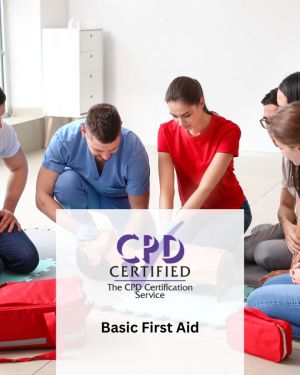Outline:
1. Introduction to CCTV Systems
o Overview of CCTV technology
o Importance of CCTV in security and surveillance
2. Components of CCTV Systems
o Cameras: Types and functionalities
o Monitors and displays
o Recording devices: DVRs/NVRs
o Cabling and connections
3. Operational Procedures
o Monitoring techniques and best practices
o Operating controls and interfaces
o Handling emergencies and alarms
4. Legal and Ethical Considerations
o Privacy laws and regulations
o Code of conduct for CCTV operators
o Ethics of surveillance
5. Basic Troubleshooting
o Common issues and resolutions
o Maintenance checks and routines
6. Practical Exercises and Scenarios
o Simulated monitoring tasks
o Responding to hypothetical situations
7. Review and Assessment
o Recap of key concepts and skills
o Assessment of learning outcomes
8. Conclusion
o Importance of continuous learning and improvement
o Q&A session
Learning Objectives:
• Understand the components and functionalities of CCTV systems.
• Demonstrate proficiency in operating CCTV equipment.
• Comply with legal and ethical guidelines related to surveillance.








